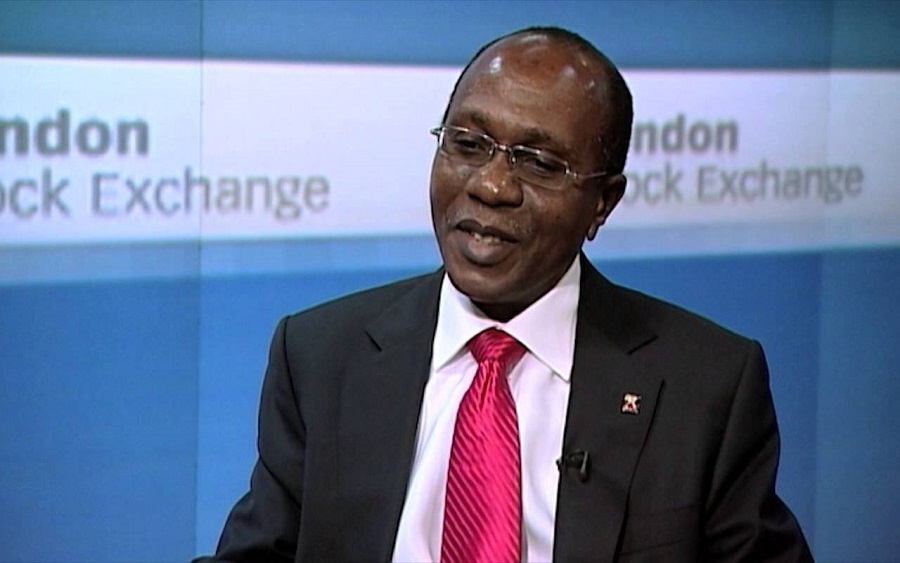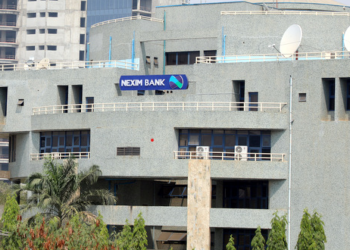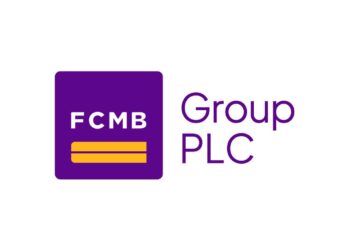The Nigerian economy may end up weaker on the short term if the current inflation rate is not appropriately curbed.
This was disclosed in the Central Bank of Nigeria’s Inflation Attitudes Survey Report for the third quarter of 2020(Q3 2020).
The survey was conducted by the Statistics department of the Central Bank of Nigeria (CBN).
READ: FG to establish Infrastructure company for critical investments in projects
Highlights of the survey report:
- 62.1% of the respondents strongly believe that the economy may end up weaker than it was at the beginning of the year, if the prevailing high inflation rate is not promptly addressed.
- A majority of the households had no idea on the direction of interest rates in the past 12 months. For example, those who believe that interest rates had risen in the last 12 months are 35.3%, 8.3% of the respondents believe that interest rates had fallen, and 43.4% had no idea of what happened in the last 12 months.
READ: Banks guaranteed N3.6 billion loans to farmers under the ACGSF – CBN
- On the expectations about how the interest rates on bank loans and savings would behave over the next 12 months, 29.8% are of the opinion that the rates will rise, while 16.7% believe that the rates will fall, and 40.6% had no idea of what would happen.
- In deciding which one is better, more of the respondents still prefer higher interest rates than higher inflation. For example, 25.6% prefer interest rates to rise to keep inflation down, 43.3% opined that they prefer interest rates to rise faster, and 31.1%of the respondent had no clue at all.
READ: How declining interest rates, others drive a shift in Nigeria’s investment sector
READ: CBN, NDIC to set up bridge bank for struggling financial institutions
What you should know
- The Statistics department of the Central Bank of Nigeria, on quarterly basis, conducts surveys to articulate the views of households on changes in prices of goods and services, including interest rates in the last twelve months and their expectations of changes over the next twelve months
- The Q3 2020 Inflation Attitudes Survey was conducted between September 21 and 30th with a random sample size of 2,070 Households from 207 Enumeration Areas (EAs) across the country and had a response rate of 98.1%.
READ: Nigeria’s inflation rate hits 13.71% as food prices soar
- The opinions of the respondents are vital in appreciating the level of understanding of the general public regarding the country’s monetary policy framework and useful for effective monetary policy formulation.
- Recently, Nairametrics had reported that Nigeria’s inflation rate has risen to 14.23% in October 2020 as against 13.71% recorded in September 2020, according to NBS report.
























I will prefer interest free loans to bust Agricultural production in our economy. The interest in Agricultural loans could be paid by the Government as a subsidy to the sector. This will increase food production and lower the prices of food. It will earn the Government a good Name; “A nation that is able to provide food for its citizens.